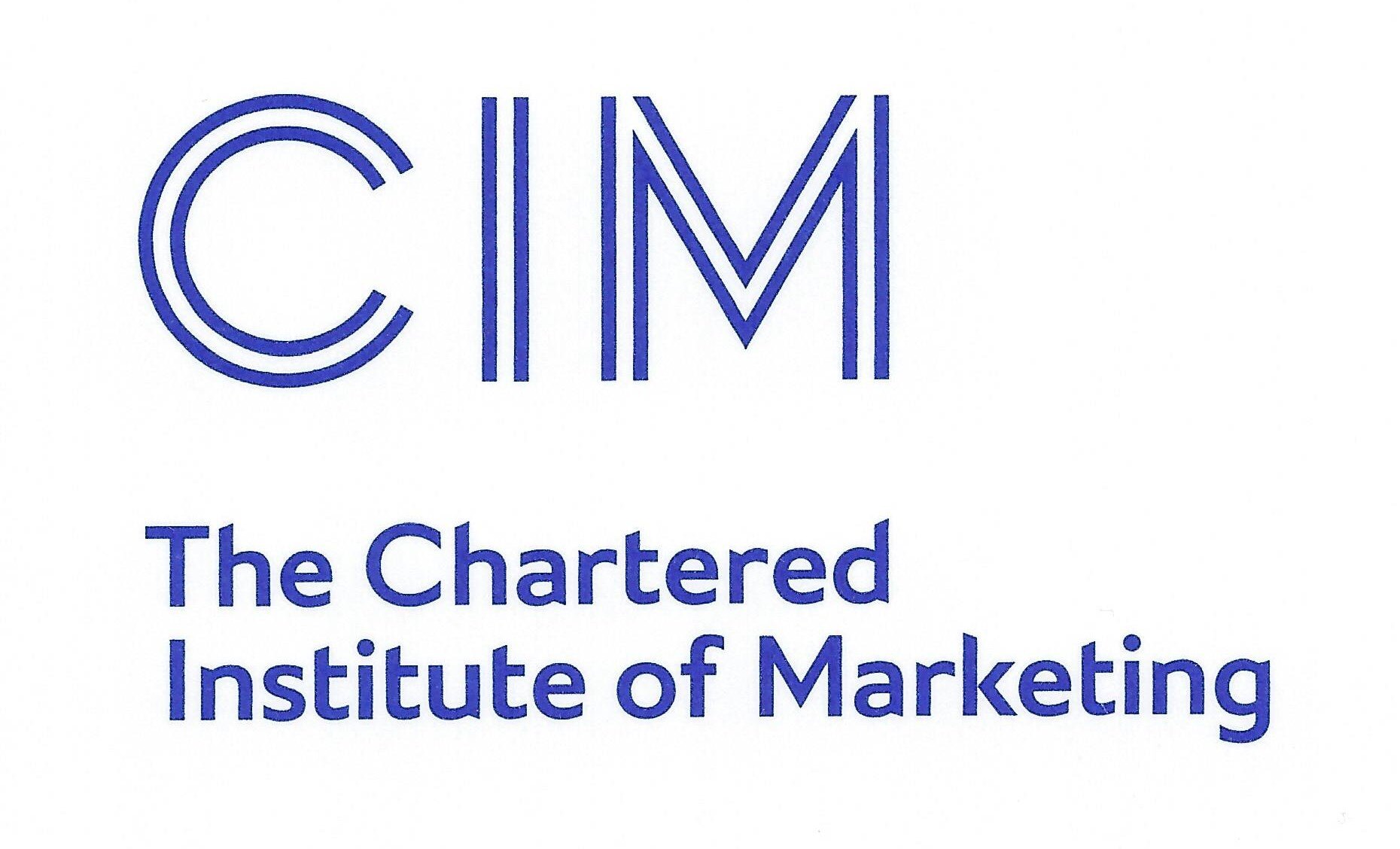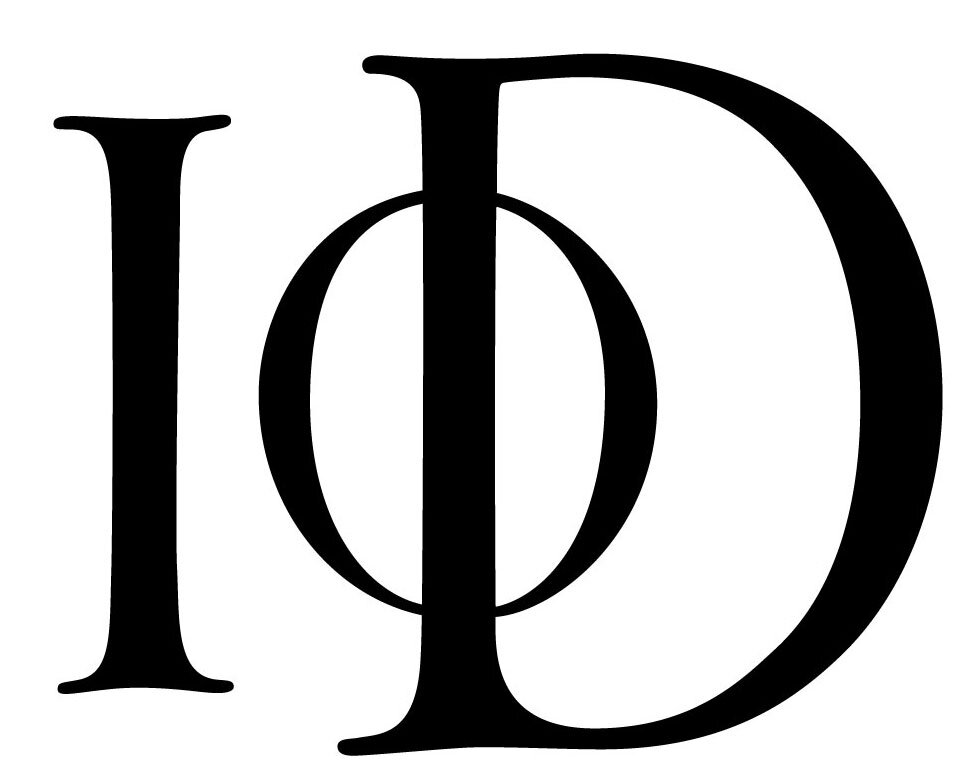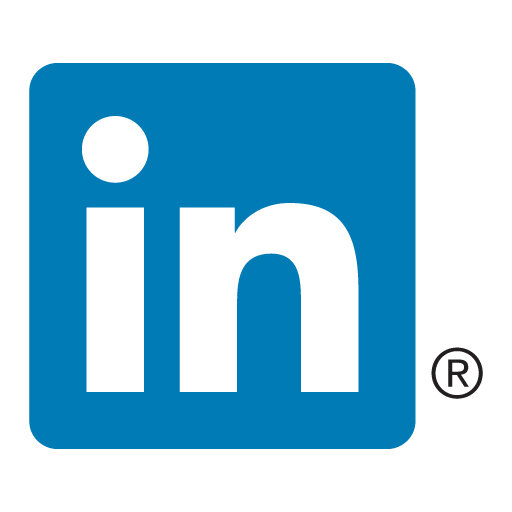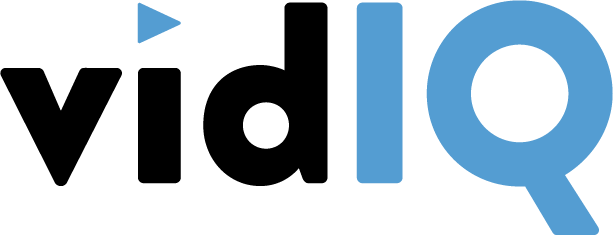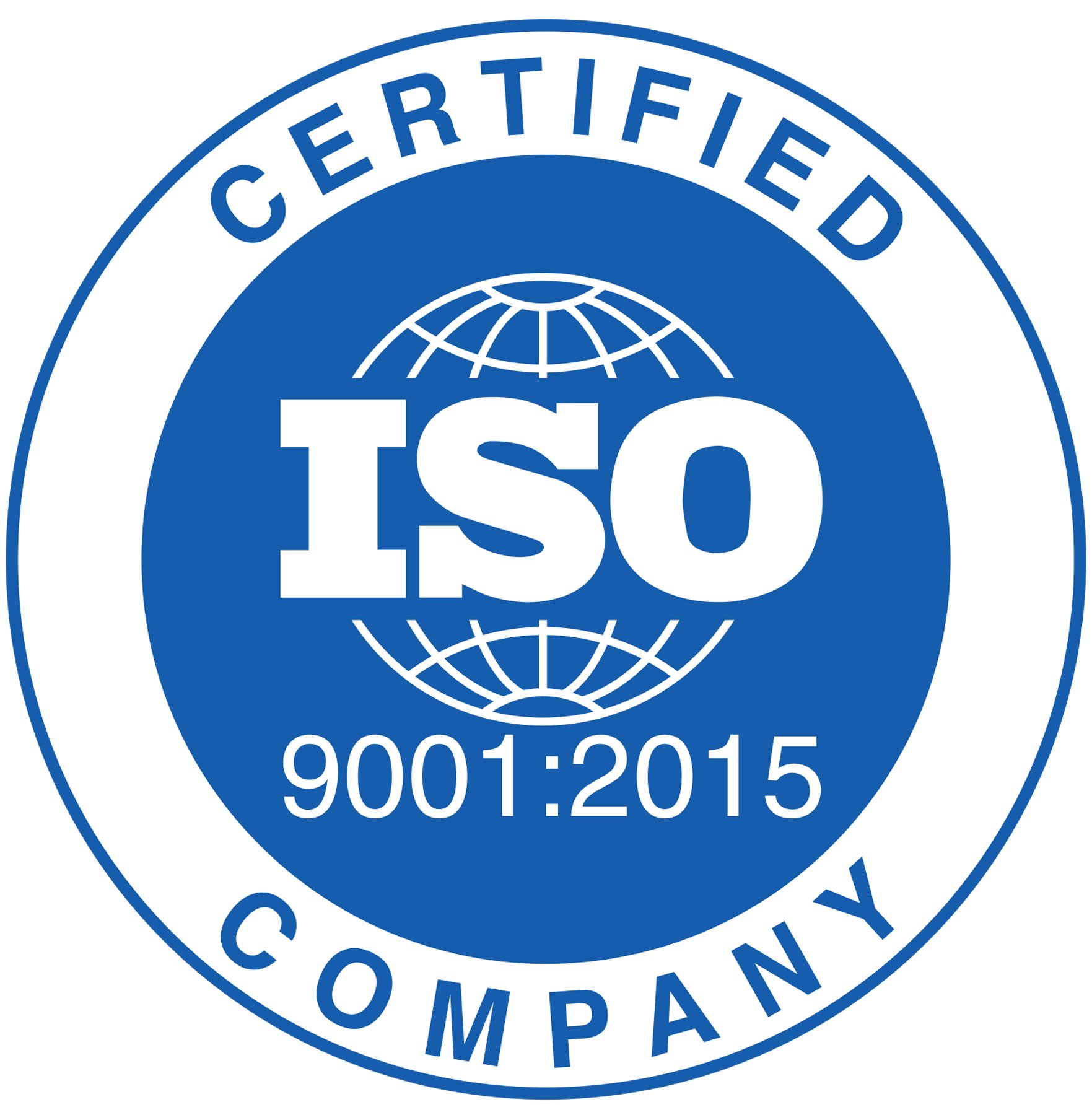Starting an online business is becoming an increasingly popular option for many entrepreneurs. An online store can be an excellent way to sell your products and services without being limited by physical space, working hours, or employees. However, the first step to getting your business online is choosing an e-commerce platform.
Which e-commerce platform should you choose? With so many e-commerce platforms and plugins available, selecting the right one can be a challenge. It should be capable of providing you with all the necessary support to start and scale your online business while allowing you to process payments securely. Each platform has its own features and benefits, and the choice depends on the needs and medium to long-term goals of your business.
In today's article, we will discuss some of the most well-known and capable e-commerce platforms. When choosing software for your online business, consider how it integrates with the marketing activities that will follow. A digital marketing agency can help you rapidly and sustainably increase sales. E-commerce services will guide you in building a solid foundation for your virtual business.
Let's start with a Romanian e-commerce platform - Gomag.
Gomag is a Romanian e-commerce platform that makes it easy to open and manage online stores. It was developed to be user-friendly and scalable, catering to the needs of both small entrepreneurs and large businesses.
If you're interested in an easy-to-use, intuitive, and functional platform, you should consider Gomag. One of the platform's most important features is its wide range of customization options, making it easy for both owners and future customers to use.
The platform offers several key features, including payment processing, customer support, inventory and order management, stock tracking, integration with most social media platforms, and more.
Key Features:
Gomag is known for its user-friendly interface, making it easier for entrepreneurs to open an online store without advanced technical knowledge.
Gomag provides a variety of design templates for your online store, as well as customization options to create a unique look.
A product and stock management system with the ability to add images, descriptions, and other relevant details.
Integration with various Romanian and international payment methods.
The ability to create and manage marketing campaigns, such as discount coupons and customer loyalty programs.
Technical support and assistance to help you grow your online business.
Disadvantages:
Additional Costs: Some features may require subscriptions or additional costs that could be significant for a startup e-commerce business.
Increased Competition: Due to its ease of use, there is increased competition on the Gomag platform, making differentiation challenging.
ContentSpeed
ContentSpeed is another Romanian e-commerce solution that focuses on page and site loading speed. This is crucial for attracting customers and improving their experience on the site, as well as boosting your online store's SEO rankings.
It's known for its automation of sales, facilitating the sale of multiple products by integrating with other platforms such as Facebook and eBay. At the same time, it offers a wide range of customization options and an intuitive and easy-to-use interface.
Similar to Gomag, ContentSpeed includes integration with popular payment methods and theme customization options, but a combination of pricing and advanced features makes ContentSpeed more suitable for larger and scalable online stores.
Key Features:
SEO Optimization: ContentSpeed focuses on SEO optimization to increase your site's visibility in search engines.
Content Management: The platform makes it easy to manage and edit site content, including images and text.
Performance Analytics: Through performance analytics, you can track your site's performance and customer behavior.
Integration with Social Media: ContentSpeed integrates with social media networks, making it easier to promote products on these platforms.
Disadvantages:
Limited E-commerce Features: ContentSpeed focuses more on content and SEO and may have limitations in specific e-commerce functionalities.
Limited Customization: Design customization options may be more limited compared to other e-commerce platforms.
Costs: Costs can vary depending on the chosen plan and may be higher than some alternatives.
Magento
Magento is one of the most popular e-commerce platforms currently in use, known for its robustness, scalability, and customizability, making it suitable for large and complex online stores.
It is an open-source platform, providing companies with the flexibility to customize the online store exactly as they desire. Magento also offers a range of extensions and integrations that can be added to add new features as your business grows.
Key Features:
Powerful and Scalable: Designed to handle large, high-traffic online stores with complexity.
Extensive Customization: Provides complete control over the site's design and functionalities.
Excellent Performance: Optimized for performance and security.
Support for B2B and B2C: Supports both selling to end consumers (B2C) and other businesses (B2B).
Disadvantages:
High Costs: Magento can be expensive, both in terms of initial development and ongoing maintenance.
Complexity: Requires advanced technical knowledge for administration and customization.
Resource Intensive: Magento may require significant server resources to operate at full capacity.
BigCommerce
BigCommerce is an all-in-one e-commerce platform that offers powerful built-in features for online stores. The platform is known for providing good performance without worrying about site security and scalability.
BigCommerce allows you to customize your site to look and function the way you want it to. It offers features such as integration of sales, search engine optimization, and the ability to easily manage multiple online stores from a single control panel.
Key Features:
Out-of-the-Box Features: BigCommerce includes many essential features in its base plans.
Easy Product Management: Adding and managing products is intuitive.
Excellent Performance: The platform is optimized for performance and scalability.
24/7 Technical Support: Provides round-the-clock technical support to resolve issues.
Disadvantages:
Higher Monthly Costs: BigCommerce subscriptions can be more expensive than some other platforms.
Transaction Costs: Some plans may include transaction fees for using certain payment methods.
Limited Customization: Advanced design customization may be more limited compared to other platforms.
Shopify
Shopify is one of the most well-known e-commerce platforms, used by millions of users worldwide. It is a cloud-based platform that allows entrepreneurs to create and manage online stores. It offers a vast number of integrations with third-party apps and APIs, enhancing the functionality of its platform.
Additionally, Shopify has a blogging feature, which means you can add extra content to drive traffic and boost sales through SEO services. It also has a plugin program that allows users to add additional features to their online store.
Key Features:
Easy to Use: The intuitive interface enables rapid online store creation.
Included Hosting: Shopify provides hosting services, so you don't have to worry about servers or software updates.
Fast Online Store: Shopify is known for its performance and fast page loading times.
Rich App Store: You can extend your store's functionality by adding apps from the Shopify App Store.
Security: Shopify offers robust security to protect customer data and transactions.
24/7 Technical Support: Offers around-the-clock technical support to address issues.
Disadvantages:
Monthly Costs: There may be monthly costs for subscription plans, plus transaction fees for using certain payment methods.
Additional Costs for Apps: Apps from the Shopify App Store can add extra costs to your monthly bill.
Limited Customization: Advanced website design customization may be limited compared to other platforms.
WooCommerce
WooCommerce is an e-commerce plugin for the WordPress platform that turns a regular website into an online store. It is free, open-source, and popular for its flexibility.
WooCommerce offers a wide range of themes and plugins to add the features you need for your online store. The platform is also very user-friendly, with a friendly front-end and an intuitive admin panel.
Key Features:
WordPress Flexibility: It operates on the WordPress platform, allowing content management and SEO optimization.
Extensive Customization: You can customize the design and site features according to your needs.
Additional Plugins: WooCommerce provides a wide range of plugins to extend functionality.
Disadvantages:
Hosting Management: You need to find a web host, configure the server, and maintain software updates.
Technical Knowledge Required: For complex customizations or technical issues, advanced web development knowledge may be necessary.
Variable Costs: Expenses can vary depending on the web host and the extensions you use.
Speed: It tends to be slower compared to plug-and-play shopping cart solutions.
Conclusion
Although at first glance, most platforms may seem to offer similar functionalities and features, it is crucial to analyze and even test each one individually before making the final choice. Each of these platforms can have advantages or disadvantages that can impact your e-commerce business or the experience of future customers.
Gomag and ContentSpeed are two good options for Romanian businesses, but you should compare them with other popular platforms like Shopify, Magento, or WooCommerce before making a final decision. Testing each platform is an essential step in the selection process, and considering how their functionalities align with the actions of a digital marketing agency is another aspect to ponder.
